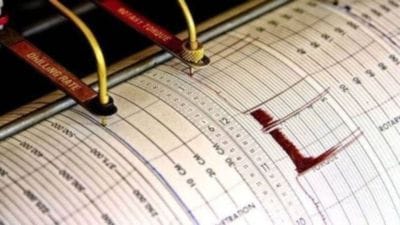Platini could never inspire France to a Cup win
Over the course of a career which included three World Cups, Michel Platini’s midfield artistry earned him the right to be regarded as the finest French footballer of all time.

Over the course of a career which included three World Cups, Michel Platini’s midfield artistry earned him the right to be regarded as the finest French footballer of all time.
Beautifully balanced, Platini’s principal weapons in a formidable arsenal were wonderful awareness, a laser-guided passing ability and an unfailing accuracy from freekicks.
Born in 1955, the grandson of Italian immigrants, he had schoolboy trials with Metz, where he was rejected for not being strong enough, before being snapped up by the club’s rivals Nancy.
He made his first international appearance in 1976, scoring on his debut against Czechoslovakia and cementing his place in the French team for the World Cup two years later.
Though giving flashes of class, Platini struggled to give full vent to his talent as France exited in the first phase after losing their two opening matches, against Italy (2-1) and hosts Argentina by the same score.
Marked into anonymity by the Italians, Platini had more success against Argentina. He scored his first World Cup goal to equalise, and twice created clear chances for Didier, who missed each opportunity.
With pride restored in a 3-1 win over Hungary, Platini returned to France and the following year transferred to Saint Etienne, having scored 98 goals in seven seasons.
Playing in the famous green jersey of St Etienne, Platini flourished, and firmly established himself as French football’s most exciting talent by the time of the 1982 World Cup.
Platini excelled in Spain, as France started slowly before gathering momentum and reached the semi-finals, where they narrowly lost to West Germany in penalties after a thrilling 3-3 tie.
Despite the bitter disappointment of that defeat, Platini departed as man of the match and one of the players of the tournament, the leading light in a wonderful midfield which also featured Jean Tigana and Alain Giresse.
Following the World Cup Platini was transferred for 1.7 million dollars from St Etienne to Juventus, where the Frenchman was to inspire the Italians to three league titles in four seasons. His spell at Juventus also saw him recognised as European footballer of the year.
Two years after his move to Turin, Platini enjoyed the highpoint of his international career, inspirationally captaining France to victory in 1984 European championship.
At the peak of his powers, Platini scored nine goals in five matches in the tournament, lifting him past Juste Fontaine as France’s all-time leading scorer.
At the 1986 Mexico World Cup, Platini’s performances again helped make France the favoured side of most neutrals.
In a thrilling quarter-final against Brazil Platini scored and missed in the penalty shoot-out before the French advanced to the semi-finals. Platini and France were beaten 2-0 in the last four by West Germany in a repeat of their 1982 meeting.
In 1987, Platini bade farewell to football with a performance for the Rest of the World against the English football league at Wembley, retiring with 72 caps 41 goals.
After France’s failure to qualify for the 1990 World Cup, Platini returned as coach of the national side, leading France to the 1992 European championship finals, where they were eliminated in the first phase.
Photos



- 01
- 02
- 03
- 04
- 05




























